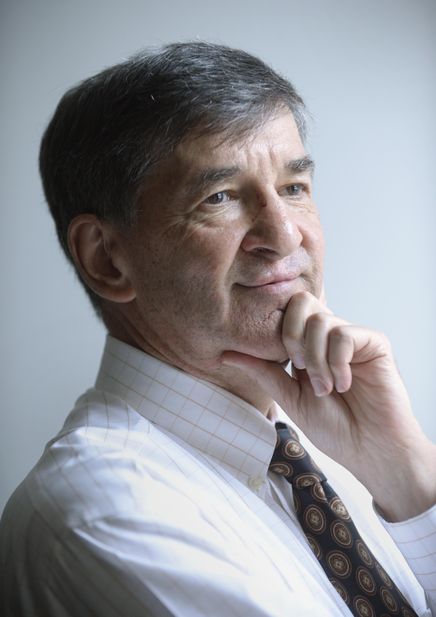A civil discussion breaks out
I attended a public forum on politics and polarization Wednesday evening and a civil discussion broke out.
The Humanities Washington’s Think & Drink program at Lindaman’s featured two political science professors from the Thomas S. Foley Institute for Public Policy and Public Service at Washington State University. Author and Gonzaga University professor Shann Ray moderated the program, titled American Rage: Division and Anger in U.S. Politics.
WSU’s Cornell Clayton made it clear that incivility and ugliness in our politics are hardly new, citing incendiary political cartoons and campaign slogans throughout the country’s history. Pointing to some 2014 research that tested attitudes of Republicans and Democrats, Clayton said “We not only loathe the other political party, we see them as a threat to the nation’s well being.”
Clayton and WSU colleague Travis Ridout both alluded to how difficult it is for Congress to embrace partisanship given the current level of rancor and incivility. Clayton said members of the House of Representatives are now twice as unlikely to vote against their party’s line than they were in 1980. Ridout said, “It is hard when people are politically polarized to engage in policy discussions.”
A couple of audience members asked how political polarization can be reduced. “If we want polarization to end, we have to have one party win a really big victory,” Ridout said. “Depolarization in the past has happened when one party loses big. It becomes so extreme or deeply divided that it ceases to exist,” Clayton said.
Clayton said there actually are some benefits to political polarization because in those circumstances the parties are ideologically consistent. In that way, Clayton said, voters have clear choices and they can hold the parties accountable.
